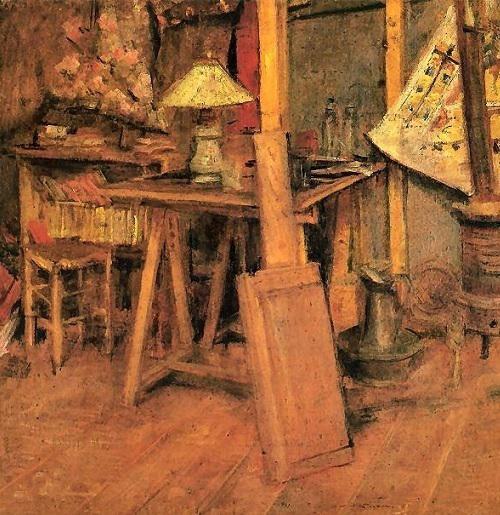Where Saints Still Speak
Spanish singer and songwriter Rosalía released her fourth studio album, Lux, last fall. Lux is an ambitious work on two fronts: its sweeping spiritual theme, and the task of carrying that theme—the stories of female saints from across the world—to a modern audience. The sound alone is astonishing, in the best sort of way. Known for fusing flamenco, pop, reggaeton and hip-hop, Rosalía adds “classical” to the mix, recording with the London Symphony Orchestra to ultimately stunning effect. The blending of classical music into her already singular sound serves the album’s central claim—that what many might consider archaic is still relevant today.
